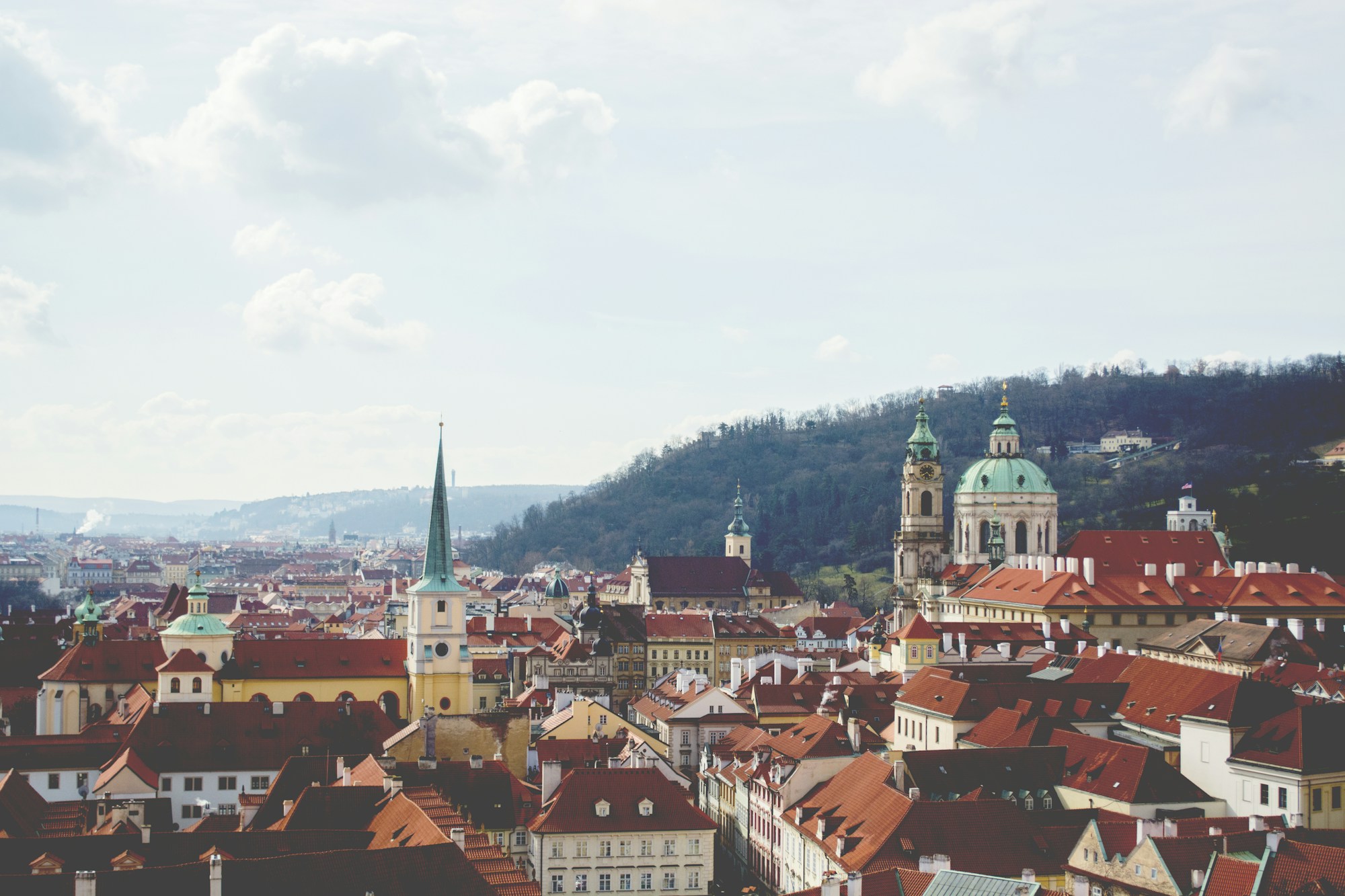Discovering Congolese Culture: History, Customs & Festivals

Discovering Congolese Culture: History, Customs & Festivals
Welcome to Congo, a vibrant country located in Central Africa, known for its rich history, diverse customs, and colorful festivals. As you embark on your journey through this culturally diverse nation, get ready to immerse yourself in the beauty and uniqueness of Congolese culture. From ancient traditions to modern celebrations, Congo has it all.
History and Heritage
The history of Congo dates back thousands of years, with evidence of human habitation as far back as the Paleolithic era. Over the centuries, various ethnic groups emerged, each with its own distinct traditions and customs.
During the 19th century, Congo became the center of European colonialism, with Belgium establishing control over the region. The legacy of colonization can still be seen today, as Congo gained independence in 1960 and has since struggled to overcome the challenges of development.
Despite its tumultuous past, Congo takes pride in its rich cultural heritage. Traditional beliefs and practices continue to shape the daily lives of many Congolese people, creating a tapestry of diverse traditions and customs.
Customs and Traditions
When visiting Congo, it's important to respect and appreciate the local customs and traditions. Congolese society places great emphasis on community and hospitality. Here are a few customs to keep in mind:
- Greetings: Congolese people value respectful greetings. When meeting someone, a firm handshake and maintaining eye contact are customary.
- Etiquette: Respect for elders is highly valued, and it's essential to use appropriate titles when addressing them. It is also considered polite to accept offers of hospitality, such as food or drinks.
- Dress: Congolese people take pride in their appearance and often dress formally for special occasions. It's advisable to dress modestly when visiting local communities or religious sites.
- Religion: Catholicism and Protestantism are the dominant religions in Congo, with traditional ancestral beliefs also prevalent among many communities.
Festivals and Celebrations
Congo is renowned for its vibrant festivals and cultural celebrations throughout the year. These events showcase the diversity and passion of Congolese culture. Here are some notable festivals:
- Fête de la Victoire: Celebrated on January 4th, this festival marks the anniversary of the country's independence. Festivities include parades, music concerts, and traditional dances.
- Yam Festival: Held in the Kasai region, this festival pays homage to the yam harvest. It features colorful processions, traditional music, and dance performances.
- Kinshasa Carnival: As the capital city, Kinshasa hosts an exciting carnival in February, showcasing extravagant costumes, music, and street performances.
- Makundé Festival: Celebrated by the Mongo people, this festival honors their culture and history through traditional dances, rituals, and storytelling.
- Ngondo Festival: Taking place in the coastal city of Matadi, this festival celebrates the river and its importance to the local communities. Canoe races, music, and ancestral ceremonies are key highlights.
Attending one of these festivals will provide an unforgettable experience, filled with joy, music, and a true sense of Congolese identity.
Conclusion
As you explore the landscapes and immerse yourself in the vibrant culture of Congo, you will be captivated by the beauty and diversity that this country has to offer. From its rich history and unique customs to the colorful celebrations, Congo is a treasure trove of cultural experiences.
Embrace the local customs, participate in the festivities, and create memories that will last a lifetime. Your journey through Congolese culture will undoubtedly leave a lasting impression on your heart and soul.
